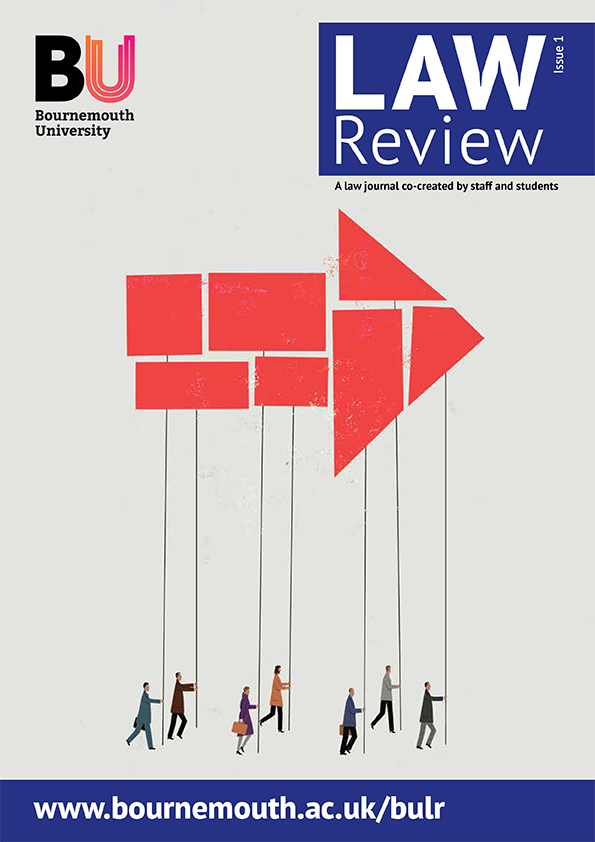Published in Issue 1, September 2017
England and Wales thrive on being a democratic society, promoting the need for equal rights amongst all.
Although, within this, freedom of expression is a fundamental right, this is ultimately weighed against the crucial right of privacy and the right not to be defamed. However, with the advance of technology and in particular the rise of the internet, the media are less restricted with their publishing, leading to an increase of infringement on an individual’s rights. Despite attempts to control this through the reform of defamation laws, it is argued that the law is inadequate with guarding against conflicts between the media and individuals, resulting in the media experiencing greater freedom than before. With suggestions that this has become unmanageable, equal rights seem to be something of the past and despite recent attempts to resolve this, the law is essentially not equipped to do so.
